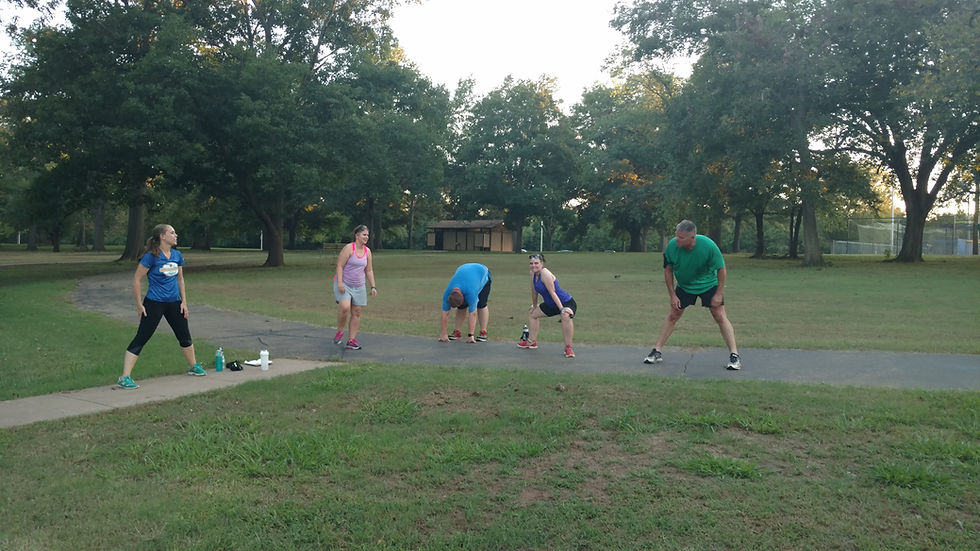Consistency is King
- Coach Dylan
- Feb 8, 2019
- 3 min read
When it comes to fitness and endurance athletics, consistency in training is the single most important factor for success. It doesn’t matter if you can crush a workout or run your guts out when you race. If you want to improve, you have to consistently put in the work.

So what does it mean to consistently put in the work? It means frequently and regularly doing the work that forces your body to adapt and become more fit. In order to do this, we have to make training a priority. Yes, life will happen. There will be workouts that get shuffled around, or even cut because of events outside of our control. But if we set ourselves up to minimize those hiccups, we’ll probably be in a good position to get the workouts in. The key is to put ourselves in a good spot to make good choices about things that affect our ability to execute those quality workouts. This is why a lot of people train in the early morning prior to going to work. It minimizes the risk of something cropping up and keeping them from getting their workout in.
In order to get better, and then keep getting better, we have to consistently put in the work that forces our bodies to adapt. Most Americans are unfit enough that simply exercising on a daily basis is probably going to help them get healthier and fitter. But once we are generally fit, we have to be specific about our training to actually keep improving. This is why going to Zumba may be fun and help you get in better aerobic shape, but after a certain point you have to actually go do those two hour long runs on a regular basis to actually run a marathon. In order to get fitter or maintain a high level of specific fitness, we need to subject our bodies to the stimulus that develops that kind of fitness. Talent can help some people do incredible things. But talent without consistent work doesn’t translate into improvement.
If we focus on nothing more than simply the consistency, we’ll probably make a lot of progress. Even if we’re not really pushing ourselves every day, the miles add up over a training block. In fact, the easy days are some of the most important for endurance athletes because those are the “workouts” where we’re building capillaries, repairing the beat up tissues from the last “hard” workout, building the intracellular machinery to produce energy, and (hopefully) reinforcing good form. These are typically the weakest links in the chain on race day. Most of us have a top speed that is much faster than “race pace” for our particular events. The most important factor for endurance success for most folks really is consistently putting in the volume. And you’ll get more volume in over a week, month, or year if you are consistent about getting your workout in.

This doesn’t mean that it’s the best idea to only stress one aspect of fitness (i.e. endurance). It is important to be generally fit and healthy if you want to reach your potential or simply not get hurt. As endurance athletes we still need to be physically strong, flexible, and have a strong and stable core. It’s never a good idea to completely neglect one area of training for extended periods of time (the use-it-or-lose-it principle is real), but a random smattering of stimuli isn’t going to get us very far. We’ll address periodization and integration in another post down the road. Building those larger training cycles that incorporate these is important for success, and one of the primary reasons to hire a coach.
The nice part of endurance events is that talent will only take you so far. Yes, all of those who wear Olympic gold are probably naturally gifted. But there are way more folks out there with a lot of talent that simply don’t put in the work. There are a lot of us mere mortals out there consistently getting better because we consistently put in the work. Hard work beats talent that doesn’t work hard. And the good news is that all of us can consistently work hard if we choose to. We’re all just some kid from somewhere, right?




Comments